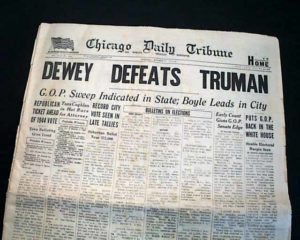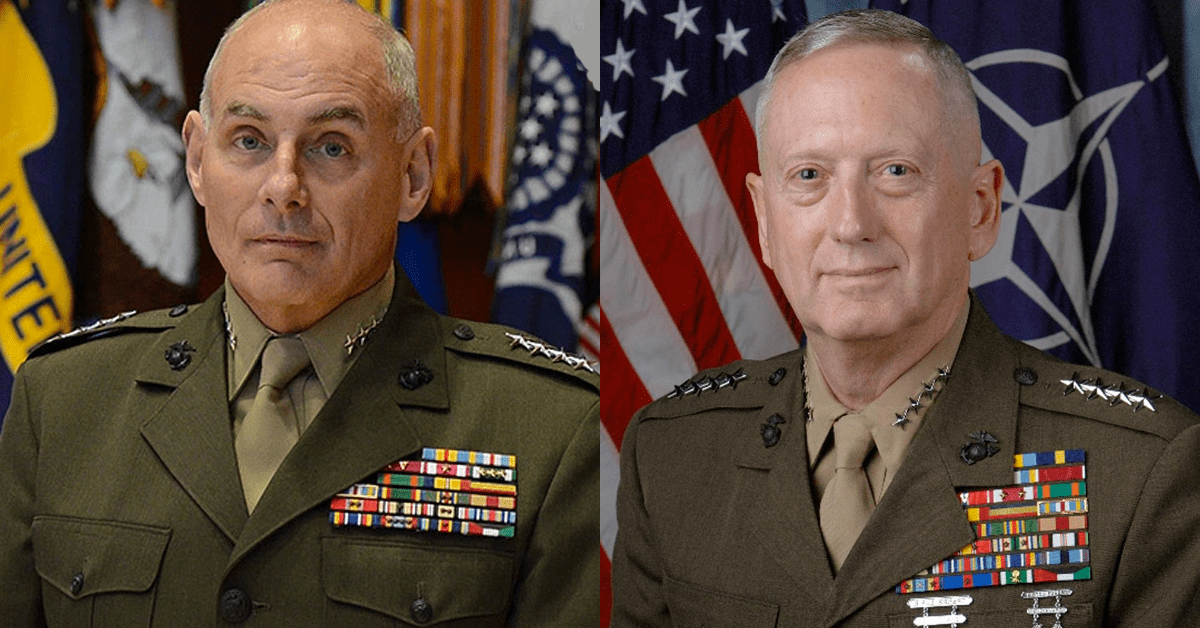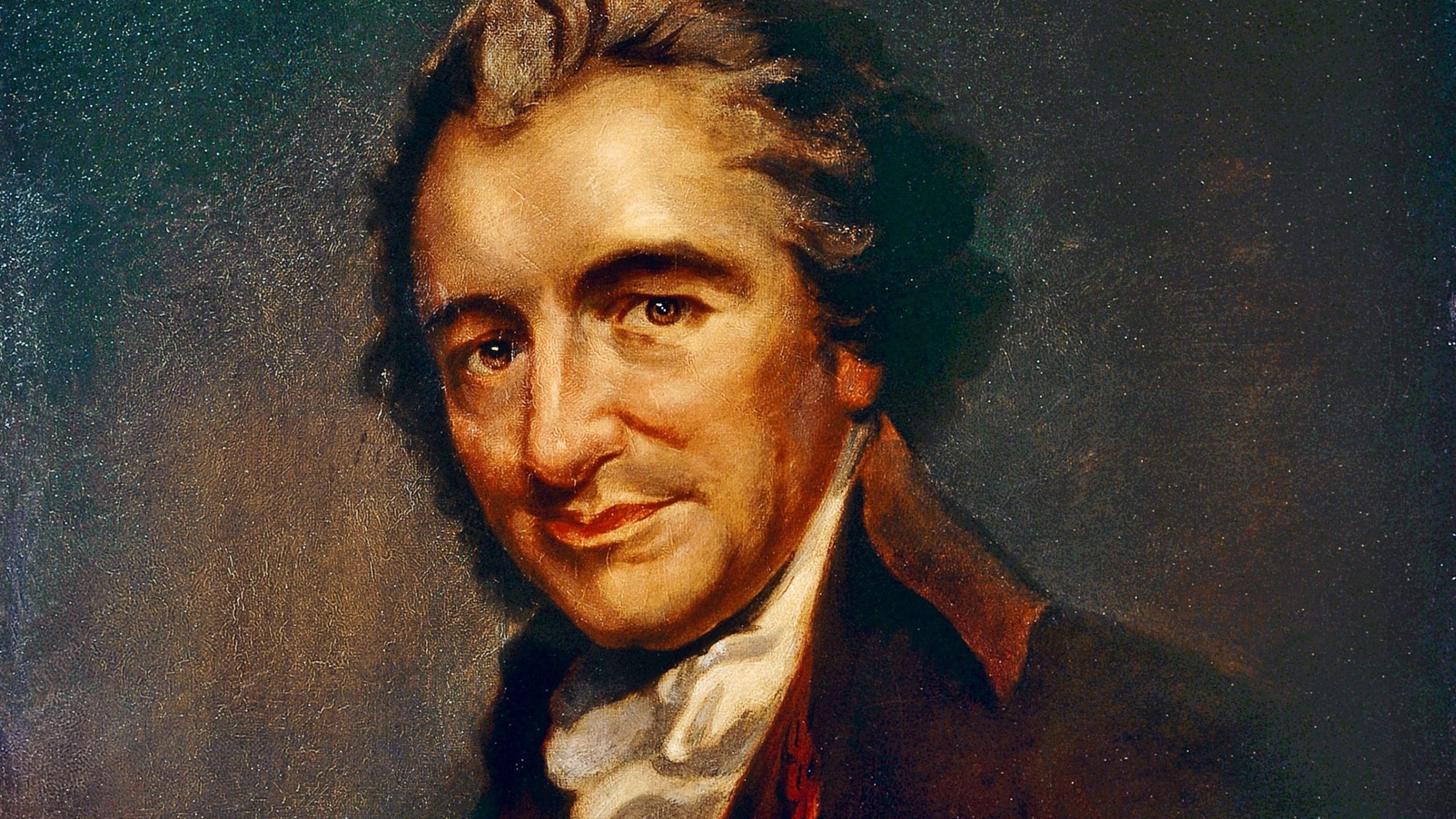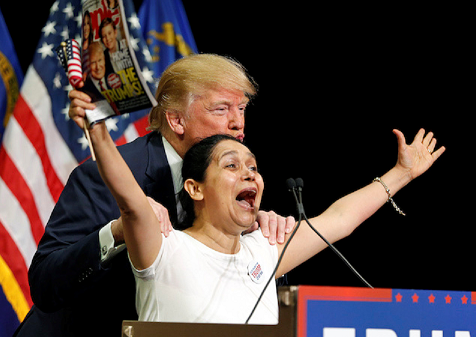Apparently almost every president had a foreign policy doctrine. One even got it’s own teaching bloc in public schools, at least until the 1980s. It was called the Monroe Doctrine, which stated that the US would use force to repel foreign (mostly European) incursions into the western hemisphere.
The Monroe Doctrine was a big deal. We used it to expel Spain from Cuba in 1898. In 1962 JFK invoked it to justify blockading Soviet ships sent to Cuba to set up nuclear missile silos there.
But after World War II, American “spheres of influence” expanded because of Soviet expansionism in eastern Europe and Asia, which accelerated even before the ink was dry on the German and Japanese surrenders.
The Soviets were way ahead of us in their post-war strategic thinking.
During World War II, there was no real FDR Doctrine except to win “the wahr”, which he did not live to see end. But at Yalta in February,1945, with Berlin virtually surrounded by their armies, FDR, Stalin and Churchill sat down to decide what to do about the several nations the Red Army had “liberated” in the East, especially Poland, who had a deep personal relationship with Churchill throughout the war. (Winston would have to throw them over.)
FDR gave the Red Army-occupied east European nations (soon to be called “Bloc”) away to Stalin, although no one is exactly sure why. It might have been a consolation gift since Stalin was complaining from Day One, once America finally entered the war a year and a half after Germany had attacked Russia, that we hadn’t started a second front in the West quickly enough.
(I always think of this when I hear feminists whine, wondering where they learned it.)
With crocodile tears that still get to liberal Democrats when they encounter a totalitarian with a kindred philosophy, FDR had already given thousands of Soviet agents carte blanche access to virtually every government agency in the US for nearly four years. From these they built cells everywhere, especially in departments where there was philosophical simpatico, such as the State Department. Stalin sent Russian choirs, folk dancing groups and artists (I collected their music and the art) while we, in turn, let them look at our blueprints for bombers, machine guns, and flush toilets. (They were already ahead of us in tanks.)
They even knew about The Bomb, but it would be 1949 before they could test their own. And even though we had intercepted their codes midway through the war, we were still clueless that our pockets had been picked at Yalta until they dropped their bomb.
This is why Joe McCarthy went on a Red-Scare rampage.
So the Truman Doctrine began by trying to staunch the bleeding of FDR’s parting gifts to Stalin, by building a military barrier around Stalin’s Iron Curtain. A Missouri “haberdasher”, as many called him, like Donald Trump today, Truman was less in tune with the esoteric academic interpretations of Marxist thinking found at Princeton, and saw the Soviet Union in totally different terms than much of the academic establishment inside Washington.
The Doctrine was invoked again in 1950 when the United Nations asked us lead a military coalition to prevent Soviet-backed Kim Il-Sung, dictator of North Korea, from conquering the southern half of the peninsula.
Successive “doctrines”; Truman, Eisenhower, Kennedy, Johnson, Nixon, Reagan would all be built around containing Soviet aggression, namely, the expansion not just of Soviet military power. But also of its hideous political ideology, which at the time 95% of all Americans considered to be hideous. (Not that way any longer.)
It was about the expansion of Leftist ideology where the two parties differed greatly. The modern conservative movement was created by William F Buckley, Russell Kirk, James Burnham and others in the early 1950s, largely built around containing the USSR with military might and a robust military budget. This was in contrast to “classical liberalism” (liberals who still loved America, a virtual extinct species today) who would have spent less money on defense and more on diplomacy, especially of the United Nations kind.
Under this general doctrine, with some variation, Eisenhower, JFK, Johnson all justified America’s involvement in Vietnam. (Actually, Nixon did not.)
Pay no attention to who the architects were of our Cold War failures (Democrats-Vietnam), or successes (Republicans-Reagan/Bush I), but in hindsight we can say our containment policy failed in southeast Asia but was largely successful in Korea and Europe inasmuch as there has been no open hostilities in Korean since the Armistice was signed in 1953, and the Soviet Empire collapsed, 1989-1992, without a shot being fired.
Expensive, but bloodless
Both the Bush II and Obama Doctrines in the Middle East have failed, especially when measured against the Reagan Doctrine of never choosing sides between two great evils, as Obama did in Syria, when he chose the greater of those two evils. It’s complicated when you look for complicated answers and solutions, but less so when you can see the end game in simpler terms.
The Middle East was never that complicated.
I think Trump instinctively agrees with Reagan on this account.
Since unbiased historians are hard to find these days on the fundamental evil of Marxism, about which Republicans and Democrats were able to agree once upon a time, it’s difficult to have a fact-based debate today as to what part of the various doctrines worked and what part didn’t. Or why.
Presidents and their Generals
Back to the A-Bomb, the only military member intimate with its development was Army Chief of Staff and later Secretary of State under Truman, George Marshall. There is no record that Marshall ever objected to the Bomb being built or used.
But General Eisenhower sure had an opinion. And he voiced it. He totally opposed its deployment or use, although as president, after 1953, he accepted its reality, not to mention the widely-held belief that is had prevented millions of deaths in trying to capture the Japanese Islands the old-fashioned way.
On the other hand, there were Generals George S Patton and Douglas MacArthur, both of whom were national heroes. And both were vocal in their disagreement about policy coming out of the White House.
And both were darlings of the Press.
Patton just shot his mouth off, having gotten in trouble in Sicily for slapping two soldiers he saw in a military hospital without any visible wounds. There was no eyewitness press to report it, but the story did work its way back to Drew Pearson, a notorious scandal and rumor-monger in Washington, who broadcast the story over his radio show. No opinion polls were conducted, but Gen Eisenhower had to reprimand Patton and order him to apologize, then, too valuable to lose, benched him from command for a year, including the D-Day invasion, proving to Patton he was not indispensable.
Not to outdo himself, Patton, after the war was won in Europe, gave an interview with the media in Germany that he should lead a tank invasion onto Moscow, right then and there, and just end it now. With the A-Bomb in our inventory, it should be a breeze. Patton hated the Russians as a pure-breed mastiff might a mongrel dog. But he died in a jeep crash before he could be dealt with a second time.
Gen Douglas MacArthur, commander of the UN forces in Korea during the Korean War, went public with an on-going argument with President Truman about bombing the Chinese on their side of the Yalu River, where they staged the attacks. The public generally agreed with MacArthur, as I did when I first read about it a decade later. But MacArtur was quoted as referring to Truman an “idiot”. and Truman fired him. Still MacArthur came home to a hero’s welcome and parades, and made his famous “Old soldiers never die, they just fade way” speech to a joint session of Congress in April, 1951.
Then he faded away without another word of public reproach for the Commander in Chief.
A lot of people wanted MacArthur to run for president. For one, they felt Truman was not of the right class to be president anyway; rough spoken, and thought his daughter was pretty and could sing. A sure sign of a rube. He was never a good fit for the Democrats, who’d had a patrician for president since 1932 and would quickly resort back to type after Harry left office in 1952, losing twice with Adlai Stevenson before resuming the royal line in 1961.
And like the 2016 election, in 1948 Harry Truman won the presidency against an up-town New Yorker, Thomas Dewey, who was supposed to skunk him.

Both MacArthur and Patton were patricians so Truman was a tough pill to swallow.
The Trump Doctrine
There actually is a recognizeable Trump Doctrine on foreign policy, and it is legitimate. But one has to filter through assessments about as if sifting through kitty litter, one part Policy and five parts Poop. If you look up “Trump Doctrine” on Google today you have to scroll a ways even to find a publication or writer not already known for strong anti-Trump, anti-conservative and anti-America biases anyway.
On the first page of Google there are pieces from Atlantic, New York Times, , Time Magazine, Washington Post, Bloomberg, Wall Street Journal, Thomas Friedman, NBC, and even a spicy piece by Matt Vespa at Townhall, summing up the Trump Doctrine in three words, “We’re America, Bitch” (according to yet another unnamed source in the Trump White House).
At least Townhall knows how to get a title on the first page on a pro-left search engine.
…and His Generals
John Kelly and James Mattis were fine generals and excellent officers. The Corps doesn’t pass out stars the way Obama passed out rank to his toads. They are fine men and have kept their political beliefs and even approval/disapproval of Trump’s deportment close to their vests.
It soils our own side’s reputation for clear thinking by cherry-picking any position they may have had, re the Middle East, Syria, Russia, the Koreas, Iran, by sinking to the level of John McCain, and claiming clairvoyance where no hard facts exist.
The military officer’s job, from 2nd lieutenant to lieutenant general, is to follow orders. And they did. If we wanted a desk-specialist on the Middle East, Syria, Russia, the Koreas, or Iran, we’d have put a lieutenant colonel like Ralph Peters in those jobs instead of 0-10’s. And a sound-proof office to lessen the screeching.
Even in the NBC interview with Kelly, who was shown the door at the White House a few day earlier than his expected departure, I read the NBC report differently than NBC tries to portray it…which only proves what we’ve always known about the national media. It says nothing dishonorable about Kelly or dark about Trump.
The vain leader wants to be surrounded by toads, including his military. Hitler did, Obama did. Trump does not seem to seek that sort out.
I will never condemn any military man who serves a leader and then resigns for any reason without spilling his guts about his boss.





1 thought on “The Trump Doctrine and the Generals”